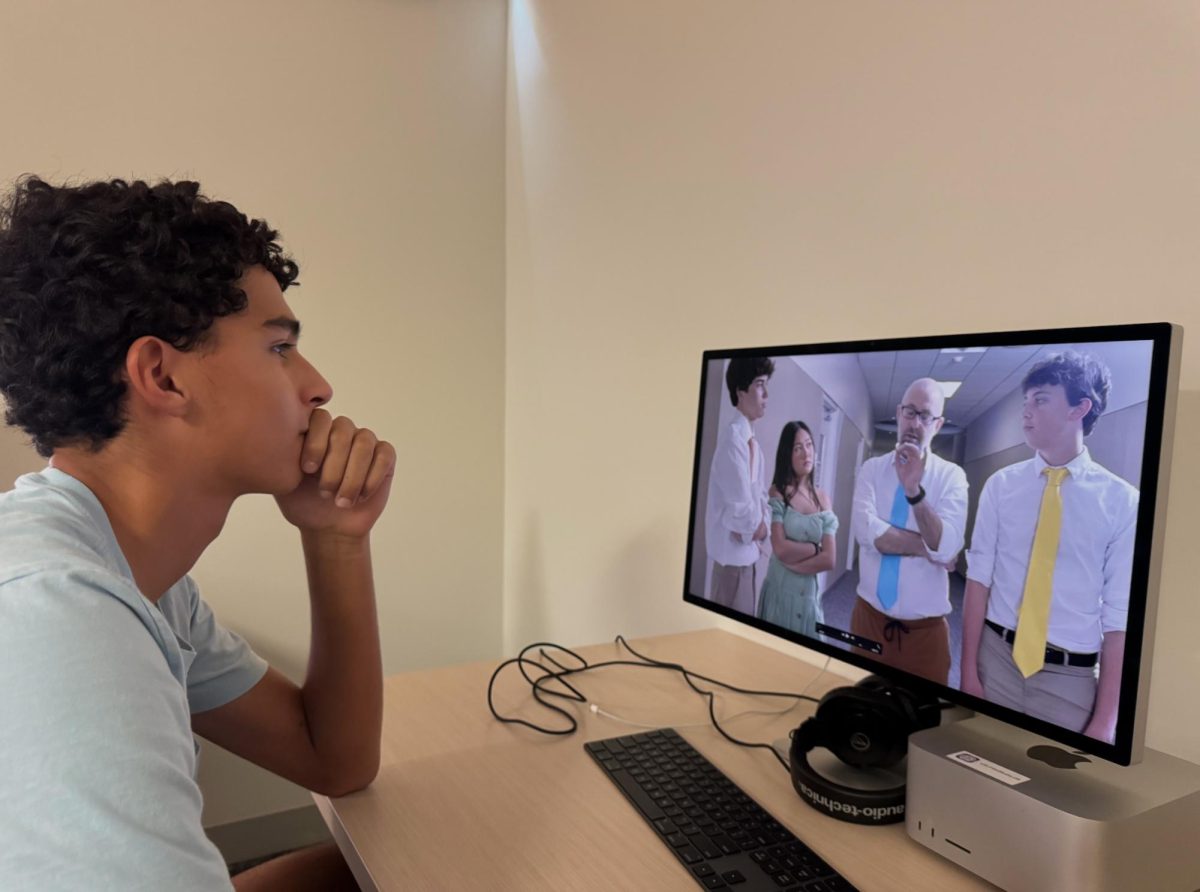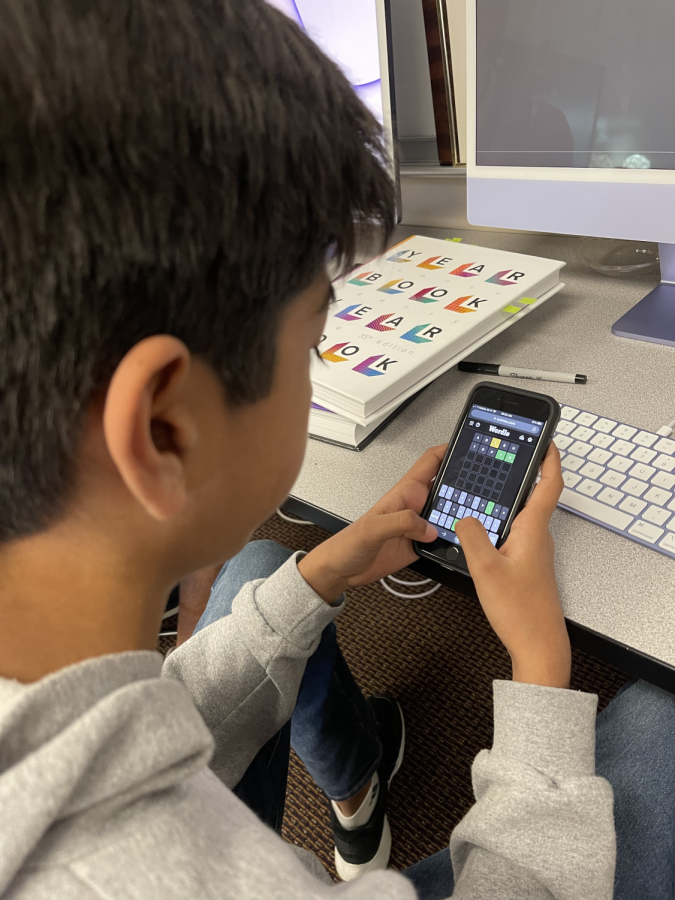Students had the rare opportunity to hear from Mr. Uwem Ukpong, vice president of global services at Amazon Web Services, on Sept. 28.
In a wide-ranging conversation, Ukpong shared his personal story, professional journey, and vision for how technology, especially AI and cloud computing, will shape the future.
Born and raised in Nigeria, Ukpong charted a career path that has taken him across continents and industries. With a degree in mathematics and computer science, he initially followed his parents’ footsteps into the oil and gas industry. His first role at Wondergate placed him in Paris at just age 22, when he began building an international career that would eventually span Algeria, Brazil, Equatorial Guinea and the United Kingdom.
Along the way, he mastered four languages: English, Spanish, Portuguese, French in addition to his native Nigerian language. He learned these not for academic accolades, but to connect more deeply with colleagues and customers.
Ukpong later rose through the ranks at Schlumberger and General Electric, ultimately becoming chief operating officer of Baker Hughes and helping oversee the $32 billion merger of GE Oil & Gas and Baker Hughes in 2016. After nearly three decades in energy, he pivoted to technology when Amazon recruited him in 2021.
Today, he leads a team of 30,000 employees in 51 countries, helping governments, corporations and institutions migrate to the cloud, modernize operations and deploy emerging tools like machine learning and AI.
The transition, Ukpong noted, was not as dramatic as it might seem. “Data is the common thread across industries,” he told students.
Whether in energy, healthcare or manufacturing, companies rely on data organization and cloud adoption to drive revenue, cut costs, and gain market share. At Amazon, that means building and operating data centers worldwide, investing in renewable energy and addressing the massive power demands of AI.
Ukpong’s leadership philosophy blends technical acumen with human-centered values. He shared with students his CARDS framework: creating connections, acknowledging gaps, resiliency, desire for knowledge and setting strategic priorities.
He stressed that humility, emotional intelligence and the ability to adapt are as important as technical expertise. “Earning trust is absolutely important,” he said, emphasizing integrity as a guiding principle in competitive industries.
On the future of work, Ukpong pointed to a World Economic Forum prediction that by 2050, 60 percent of jobs will be ones that don’t exist today. While AI and automation will displace certain tasks, he urged students to focus on the opportunities that new technologies create. “Strategic imagination is key,” he explained. “The role of support engineers won’t disappear, it will evolve into more complex, higher-value work.”
Ukpong also highlighted Amazon’s commitment to becoming Earth’s best employer, underscoring the company’s efforts in diversity, equity, sustainability and career mobility. AWS, he noted, is the world’s largest purchaser of renewable energy and is investing heavily to reach net zero by 2040.
For students contemplating their own futures, his advice was clear: stay curious, stay adaptable and never stop learning. As he reflected on his own daughter Kimma Ukpong, a Kinkaid alumna and a junior studying economics and international business at Northeastern University, Ukpong reminded students that their generation will be tasked with imagining new industries and redefining existing ones.














